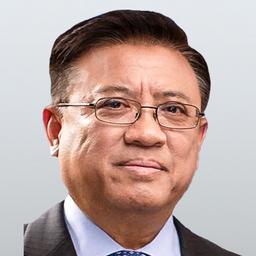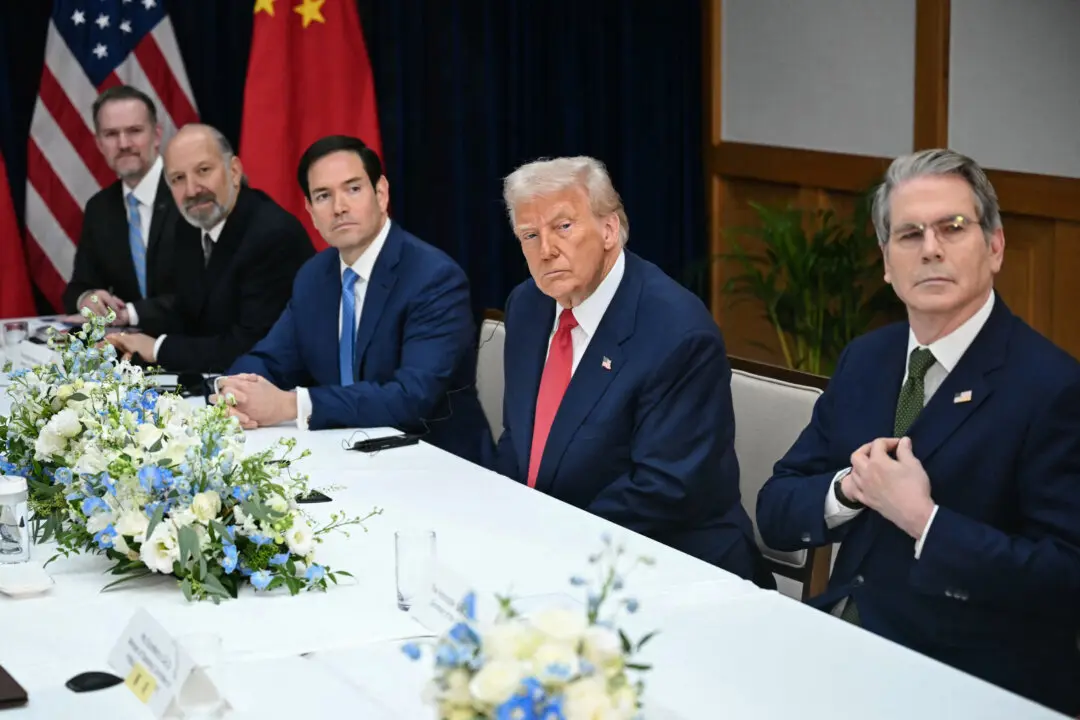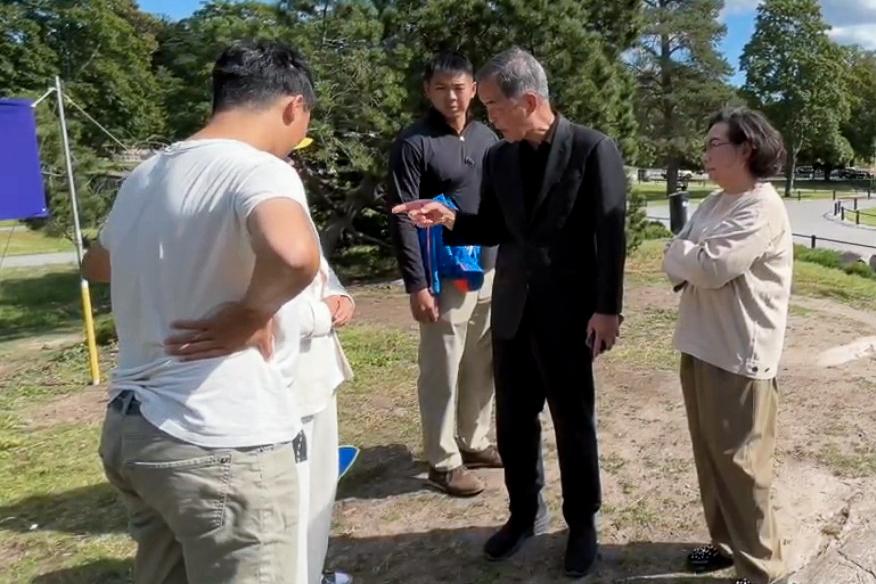Mr. Chen Shaoji, the chairman of the Guandong Provincial Political Consultative Committee, had never thought his luck would run out so soon. Involved in the dirty business of persecuting Falun Gong, Chen may have thought he had been given as a reward a license to steal. If so, that license now seems to have been revoked.
As a typical local “land snake” (someone who has very strong connections and power in a local political circle), Chen’s political career had been always related to the legal system in Guangdong province. He was the big boss of the Guangdong legal system, the Communist Party secretary, and oversaw the police, the court, and the prosecutor for 11 years. In February 2004, he was appointed to his current position, which is usually reserved for retired, high-ranking Party officials.
Two weeks ago China Daily reported on the investigation of Chen and Mr. Wang Huayuan. Wang is a high-ranking official in Zhejiang Province, but originally he was also from Guangdong. Chen is the first top-ranking provincial official to be investigated in Guangdong’s history under the Chinese Communist Party (CCP). Chinese officials have described the situation as the “earthquake in Guangdong.”
Both Chen and Wang might appear to have been dragged down by Chen’s former assistant Zheng Shadong, who was the assistant minister of Public Security before being investigated earlier this year. Zheng was famous for solving important criminal cases when he was the deputy director of the Guangdong Public Security Bureau.
Chain of Command for Persecuting
According to the Human Rights Law Foundation, which represents many human rights cases in the United States, Chen, Wang, and Zhen were all in the chain of command that was set up to persecute Falun Gong adherents. The Party secretary in charge of legal issues is the head of the chain of command at the provincial level, and thus responsible for the crimes committed against Falun Gong adherents in that province. Chen held that position for nine years until 2004, when he handed over his seat to Wang. Zheng was under Chen’s supervision at that time.
Corruption, for which Chen, Wang, and Zhen are now being investigated, and the persecution of Falun Gong appear to be separate issues. An article titled “Public Security Abuses its Power” in the April edition of Hong Kong-based “Trend” magazine shows the connection.
According to the article, “The past almost ten years’ abuse of power by the Public Security Bureau started the last half year of 1999 and was caused by a mistake in the state’s management of religion. For example, the religious persecution policy centered on striking Falun Gong has given the Public Security system far too much power. The result is that they don’t get punished even for torturing Falun Gong practitioners to death. On the contrary, they even got rewarded for that.”
This shocking but not surprising conclusion came, Trend magazine says, from an internal investigation in 2005 ordered by Hu Jintao and Wen Jiabao, the two highest leaders of the Communist Party.
Along with the power to torture to death, Public Security personnel got a free pass from the then CCP head Jiang Zemin, for engaging in corruption. This was a deal that enabled the whole machinery of persecution to move forward. Chen Shaoji is one example, Wang Huayuan is another one. Before them, Xiao Yang, the former president of the Supreme People’s Court of China, who was responsible for the illegal trial of thousands of Falun Gong practitioners over the past ten years, has been reported as being investigated. And that investigation is connected to that of a fellow Supreme People’s Court member, Huang Songyou.
Behind these investigations into corruption lies a power struggle between Hu Jintao and Wen Jiabao on the one hand, and Jiang Zemin on the other hand. As Hu seeks to remove those loyal to Jiang, he happens to be charging with corruption some of the leading figures in the persecution of Falun Gong. That persecution has not yet slowed down, and Hu’s agenda seems
to focus not on human rights but on power.




